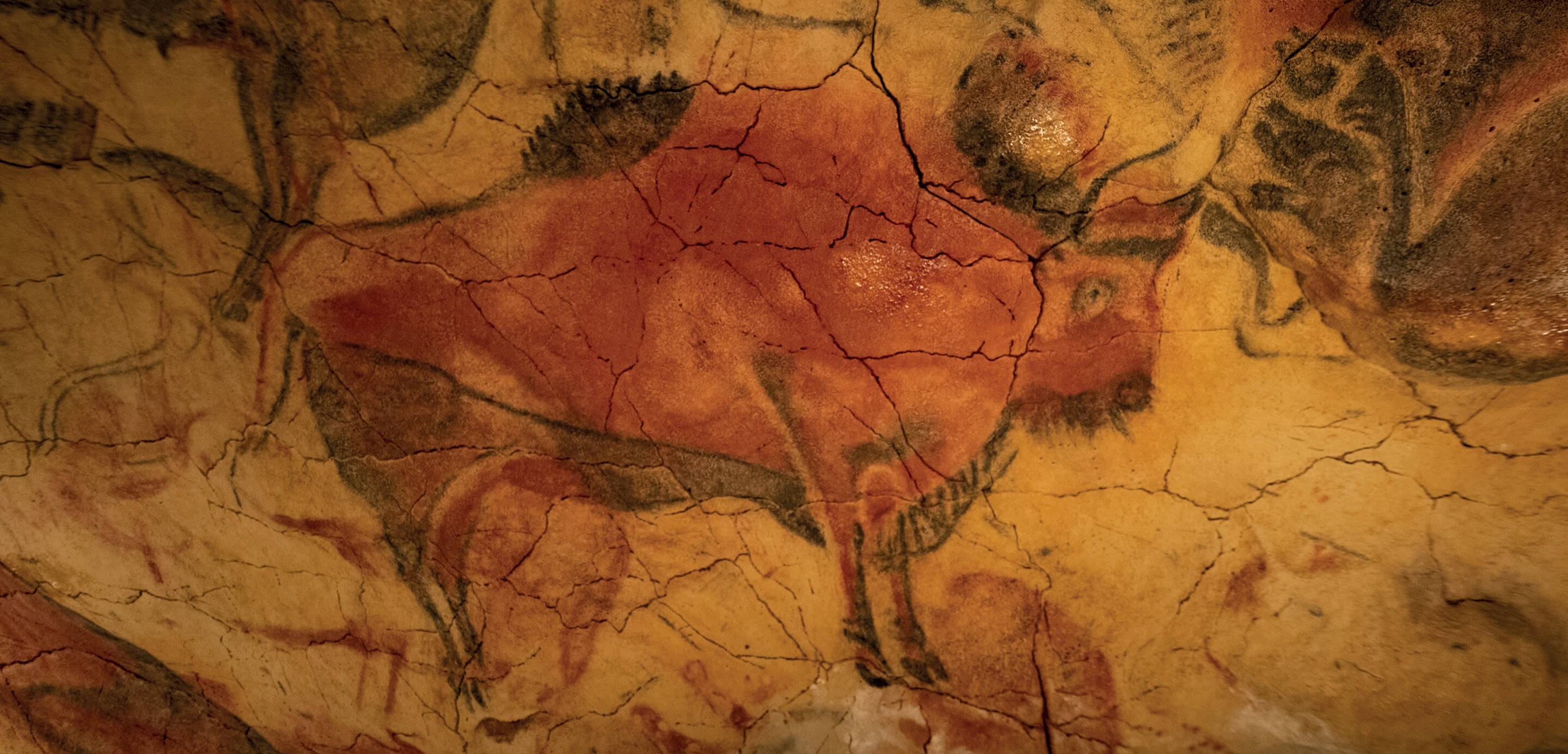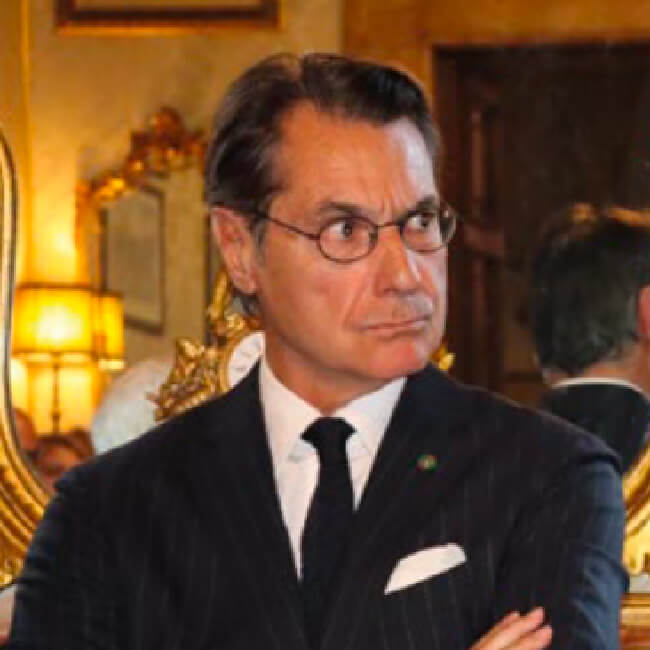
In his latest book, "Al verde. Manifesto dei tempi moderni" (Rubettino publisher), Roberto Sommella – director of MilanoFinanza and its website milanofinanza.it, well-known economic editorialist and president of the non-profit association "La Nuova Europa" – paints a powerful and at times disturbing picture: humanity poised at a crossroads, between the arms race and the unregulated digital revolution, where even the most sustainable choices are at risk of turning into new inequalities.
Sommella, a long-time advocate for a culture of knowledge and solidarity in Europe 'he is the founder of the "School of Europe" in Ventotene), offers a veritable manifesto for the return to Homo Sapiens: a call for awareness, moderation, and critical thinking. These are also the central themes of this interview, where the focus of innovation is inexorably connected to the democratic, cultural, and social stability of our time.
Mr. Sommella, let's start with your book "Al verde", published last October. What prompted you to write it, and what signs led you to anticipate many of the issues that are now at the center of the debate?
When I started writing Al Verde, I felt that something profound was changing, not only on an economic level, but also on an anthropological level. Sustainability was becoming a pretext for introducing new inequalities, rather than a driver of justice: I felt as if I were facing the convergence of multiple crises. On the one hand, there was a digital revolution advancing at an unprecedented speed, often without rules. On the other, the race for environmental sustainability which, if not well managed, risks turning into new constraints for ordinary people, generating further inequality. The example I give in the book is clear: we have created a world in which it costs less to build a tank than to produce a car. This is a paradox that says a lot about where we have ended up... In this context, the reference to the Ventotene Manifesto was a natural one for me: today, it needs to be rewritten in a contemporary vein. We need a Europe that returns to being an ethical as well as an institutional guide.

According to Roberto Sommella, director of MilanoFinanza, innovation is not enough; we need a new vision for mankind: «Sustainability? It cannot become an pretext for introducing new inequalities. ».
In your book, you talk about "machines that produce wealth and inequality" and "men who generate wars." In this scenario, where does the role of innovation fit in?
I think that innovation, in itself, is neither good nor bad: it is simply a tool. The meaning we attribute to it depends entirely on the use we decide to make of it. What worries me, however, is the speed at which this innovation is developing today, a speed that far exceeds the capacity of regulatory and institutional systems to understand, absorb, and regulate it. We find ourselves in a situation where technology is evolving at lightning speed, while rules, bureaucracy, and even institutional culture remain anchored in analog, slow, and often ineffective models.
This widening gap creates a profound imbalance: not only does it disorient people, but it also threatens to fuel new forms of exclusion and social uncertainty. I believe we need to create a new pact between innovation and regulation, a conscious balance that allows us to reap the benefits of technological progress without sacrificing people's rights, dignity, and security. Institutions, laws, and even the education system must learn to move with greater agility, keeping pace with the transformations underway, but without losing sight of the need to protect the common good.
Innovation cannot become an end in itself, nor can it become a technocratic dimension that regulates itself without limits. We cannot allow decisions to be made by algorithms alone. This is why I insist that, alongside the drive for technology, we must cultivate a human dimension: ethical, critical, and social. In a word, innovation must remain a human project, not just a digital one.
In this issue of EVOLVE – focused on the culture of innovation – we talk about in-genium a project by MAIRE and its Foundation that explores the profound continuity between the genius of the ancient Romans and the challenges of sustainable innovation. How important do you think it is to transfer this not only to products or processes, but also to the way we think and act, as individuals and as a society?
I believe it is absolutely critical. Innovation should be an opportunity to improve people's quality of life, simplify what is complex, and offer new solutions to old problems. But for this to truly happen, it cannot be confined to a technical or technological sphere. It must become an integral part of the way we think, work and live. This is where the real cultural challenge lies: to make innovation not just a question of products, but a widespread mindset that permeates every layer of society, from schools to the world of work and institutions.
If we do not incorporate an ethical dimension into innovation, we risk reducing it to an instrument of power or, worse, exclusion. I believe it is essential to build a shared culture of innovation that can hold progress and responsibility, development and inclusion together. We cannot think that machines alone can decide what is right, useful, or convenient.
Human beings need roots, meaning, and an environment where they can fully express their creativity and ingenuity: initiatives such as MAIRE's in-genium—which combine the knowledge of the past with the challenges of sustainability and con- temporary innovation—are a virtuous example. To truly face the future, we need a new humanism of innovation. A different way of looking at progress, one that does not push man aside, but puts him back at the center.
Indeed, one of the risks is that innovation will depersonalize us, reducing us to "digital profiles." How can we innovate without losing touch with what makes us human?
I believe the first step is to return to recognizing a simple but fundamental truth: ingenuity is not born in the cloud, but in human experience. Artificial intelligence, digital tools, and automated processes can help us in a thousand ways, but they can never replace what makes us truly human: the ability to think critically, to create, to feel empathy, to connect with others on a real level, not just a virtual one.
In recent years, especially during the pandemic, we have experienced a technological acceleration that has led many to believe that everything can be done remotely impersonally, connected but not really present. But it was also during that time that the limits of this vision became abundantly clear. I am referring in particular to the younger generation, the so-called "Covid generation": boys and girls who found themselves deprived of the social aspect of school, of human contact with teachers and peers, and of the possibility to grow through direct interaction. We asked them to adapt to a digital world without really guiding them through that transition. And this has left wounds, in many cases deep ones.
"Artificial intelligence and automated processes can help us in a thousand ways, but they will never replace what makes us truly human: the ability to think critically, to create, to feel empathy, to connect with others on a real level, not just a virtual one."
Roberto SommellaDirector of MF MilanoFinanzaToday, more than ever, we need to restore value to our actual presence, to work that is experienced in a physical, concrete, relational way. We cannot think that a connection is enough to create a sense of belonging, motivation, community. Companies have a fundamental responsibility: they must not merely pursue the latest technology available, but they must also create spaces for well-being and continuous training, space for personal growth. Institutions must en- sure that innovation is not just a race for efficiency, but a social, cultural, and inclusive project.
In this sense, I believe that a paradigm shift is needed: fewer rules and more knowledge. Less bureaucracy, more free thinking, universities, and debate. Because we may not have Silicon Valley, but we have what I call Freedom Valley: the valley of rights, critical thinking, and democracy. This is our true capital: that which comes from the body, from common space, from living together. True innovation also means pre- serving this heritage.
In closing, which sectors are currently seeing the greatest investment in digital innovation?
Those most affected by digital innovation undoubtedly include artificial intelligence, robotics, biotechnology, and everything related to the energy transition. Finance is also undergoing a profound transformation, I would go so far to say a dematerialization: tools, languages, and even market logic are being redefined.
The problem, however, is that all this is happening at such an impressive speed that it runs the risk of leaving the human aspect uncovered—and often behind. As I mentioned earlier: if these developments are not accompanied by an ethical vision, a public narrative capable of restoring meaning and responsibility to innovation, then they become soulless technical processes. The future cannot be left in the hands of algorithms, to a technocratic dimension that regulates itself without limits. It must be a choice, guided by awareness and the will to build a tomorrow in which digital technology does not replace humans, but empowers, complements, and respects them. Along- side the drive for technology, we must cultivate a human dimension: ethical, critical, and social. In a word: innovation must remain a human project, not just a digital one.

"AL VERDE", A MANIFESTO FOR MODERN TIMES
In his latest book, Roberto Sommella talks about a new world under construction where cars will be a luxury item, where it will be more pro"table to manufacture weapons than vehicles, and where AI is expanding without any restrictions on emissions.
Starting with the question «How can we save the planet, Europe, and ourselves from new digital inequalities? » , "Al verde. Manifesto dei tempi moderni" (Rubettino publisher) is an essay-manifesto in which the director of MilanoFinanza warns of the emergence of a new global order in which progress threatens to produce new forms of poverty, excluding the most vulnerable from the technological and ecological revolution.
In the book, the author highlights a paradox: laws designed to combat pollution—from electric cars to green homes—risk worsening the living conditions of millions of people. With a lucid and provocative style, Sommella identifies three key figures of our time: Homo Digital, Homo Faber, and Homo Sapiens. According to the author, the latter has the most difficult task: to rediscover the road to awareness, critical thinking, and balance between technology, the environ- ment, and social justice.
INNOVATION IS A CULTURE. THIS IS WHERE THE ATTITUDE THAT EMBRACES "NEW" THINKING BEGINS